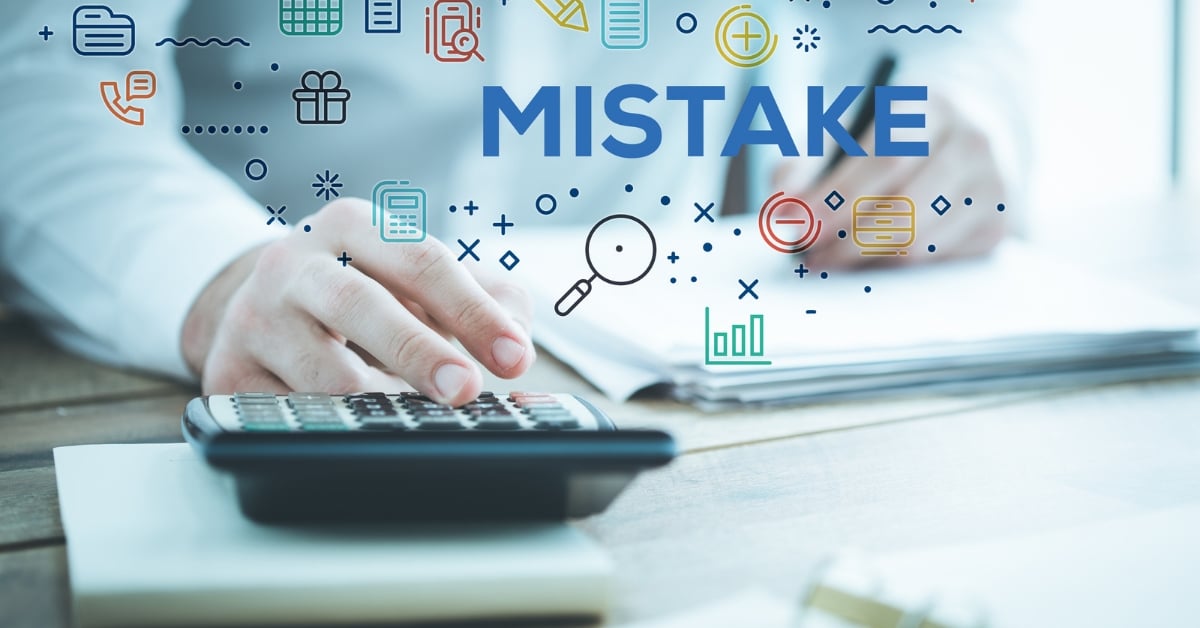Introduction
Inflation, the rate at which the general level of prices for goods and services rises, erodes purchasing power over time. For businesses, inflation can increase costs, squeeze profit margins, and affect pricing strategies. This guide will help you understand the impact of inflation on your business and provide strategies to prepare for and mitigate its effects. Want to safeguard your business against inflation? Contact our expert financial consultants today for personalized advice. Call us at +92 328 0554476 or visit our Financial Planning Services page to schedule a consultation.
Understanding Inflation
Inflation is a complex economic concept that affects the purchasing power of money. Understanding inflation involves recognizing the causes, such as demand-pull inflation, where demand exceeds supply, cost-push inflation, caused by increased production costs, and built-in inflation, driven by expected future inflation. Historical examples, like the 1970s inflation in the U.S., illustrate its significant economic impact. Businesses must understand these dynamics to develop effective strategies. Learn more about inflation and its economic effects on our Blog.What is Inflation?
Inflation is the rate at which the general price level of goods and services rises, decreasing purchasing power. It’s typically measured by the Consumer Price Index (CPI) or Producer Price Index (PPI).Causes of Inflation
- Demand-pull inflation: When demand for goods and services exceeds supply.
- Cost-push inflation: When the cost of production increases, leading to higher prices.
- Built-in inflation: When businesses increase prices to maintain profit margins due to expected future inflation.
Historical Examples
Historical periods of high inflation, such as the 1970s in the U.S., show the disruptive impact inflation can have on businesses and the economy. Understanding these examples can provide valuable insights for current business strategies. Learn more about inflation and its economic effects on our Blog.How Inflation Affects Businesses
Inflation impacts businesses primarily through increased costs of goods and services. This rise in costs necessitates adjustments in pricing strategies to maintain profit margins. The effect on profit margins can be substantial if prices are not adjusted accordingly. Moreover, inflation reduces consumer purchasing power, leading to decreased demand for non-essential goods and services. Businesses must adapt by offering value-driven products and maintaining flexible pricing strategies. For strategies on managing business costs, visit our Financial Statement Preparation Services.Increased Costs of Goods and Services
Inflation drives up the costs of raw materials, labor, and other inputs, leading to higher operating expenses. Businesses must find ways to manage these increased costs without compromising quality or profitability.Impact on Pricing Strategies
Businesses may need to adjust their pricing strategies to maintain profit margins. This can include gradually increasing prices or introducing tiered pricing models.Effect on Profit Margins
As costs rise, profit margins can shrink if prices are not adjusted accordingly. It’s crucial to regularly review and adjust pricing and cost structures to maintain healthy margins.Influence on Consumer Purchasing Power
Inflation can reduce consumer purchasing power, leading to decreased demand for non-essential goods and services. Businesses must adapt by offering value-driven products and services. For strategies on managing business costs, visit our Financial Statement Preparation Services.Strategies to Mitigate the Impact of Inflation
Businesses can mitigate the impact of inflation through several strategies. Adjusting pricing strategies involves gradual price increases and emphasizing value-based pricing. Improving operational efficiency includes cost control measures and optimizing processes. Diversifying supply chains helps avoid over-reliance on single suppliers, and effective debt management includes refinancing and prioritizing high-interest debt repayments. These strategies collectively help businesses remain resilient in inflationary periods. Learn more about managing business costs on our US Business Bookkeeping Services.Adjusting Pricing Strategies
- Gradual price increases: Implement small, incremental price hikes to avoid shocking customers.
- Value-based pricing: Emphasize the value and quality of your products to justify higher prices.
Improving Operational Efficiency
- Cost control: Identify and eliminate wasteful spending.
- Process optimization: Streamline operations to reduce costs and improve productivity.
Diversifying Supply Chains
- Multiple suppliers: Avoid reliance on a single supplier to reduce risk.
- Local sourcing: Consider sourcing materials locally to reduce transportation costs and delays.
Managing Debt Effectively
- Refinancing: Take advantage of lower interest rates to refinance existing debt.
- Debt reduction: Prioritize paying down high-interest debt to reduce overall financial burden.
Financial Planning for Inflation
Robust financial planning is crucial for businesses to navigate inflation. Techniques for inflation-adjusted budgeting include creating flexible budgets that adapt to changing economic conditions and regularly reviewing them based on current inflation rates. Investing in inflation-resistant assets, such as real estate and commodities, provides a hedge against rising costs. Maintaining a healthy cash flow ensures that businesses can manage unexpected expenses and continue to invest in growth opportunities. For comprehensive financial planning services, visit our Financial Planning Services.Importance of a Robust Financial Plan
A comprehensive financial plan helps businesses navigate the uncertainties of inflation by providing clear strategies for managing costs, investments, and revenue.Techniques for Inflation-Adjusted Budgeting
- Flexible budgeting: Create budgets that can adapt to changing economic conditions.
- Regular reviews: Frequently review and adjust budgets based on current inflation rates and economic forecasts.
Investing in Inflation-Resistant Assets
- Real estate: Property values typically increase with inflation, providing a hedge against rising costs.
- Commodities: Investing in commodities like gold or oil can protect against inflation.
Maintaining Healthy Cash Flow
- Cash reserves: Maintain adequate cash reserves to manage unexpected expenses.
- Efficient invoicing: Speed up collections to ensure a steady cash flow.
Leveraging Technology and Innovation
Leveraging technology helps businesses improve efficiency and reduce costs. Implementing automation reduces labor costs and increases productivity, while data analytics identifies cost-saving opportunities and enhances decision-making. Adopting innovative business models, such as subscription services and e-commerce, provides steady revenue streams and reduces overhead costs. These technological advancements enable businesses to better cope with the challenges posed by inflation. Learn more about innovative business strategies on our Blog.Using Technology to Improve Efficiency
- Automation: Implement automation tools to reduce labor costs and increase productivity.
- Data analytics: Use data analytics to identify cost-saving opportunities and improve decision-making.
Implementing Automation to Reduce Costs
Automation can streamline operations, reduce errors, and cut labor costs, making businesses more resilient to inflation.Adopting Innovative Business Models
- Subscription services: Offer subscription-based services to ensure a steady revenue stream.
- E-commerce: Expand online sales channels to reach a broader audience and reduce overhead costs.
Long-Term Strategies for Inflation Resilience
Developing long-term strategies for inflation resilience involves building a resilient business model that can quickly adapt to economic changes. This includes diversifying product offerings to spread risk and developing strong customer loyalty programs to retain customers. Fostering a culture of continuous improvement through employee training and regular process evaluation ensures that the business remains competitive and efficient. For more long-term business strategies, explore our Services.Building a Resilient Business Model
- Diversification: Diversify your product or service offerings to spread risk.
- Adaptability: Develop flexible business practices that can quickly adapt to economic changes.
Developing a Strong Customer Loyalty Program
- Rewards programs: Implement loyalty programs to retain customers.
- Customer engagement: Regularly engage with customers through personalized communication.
Fostering a Culture of Continuous Improvement
- Employee training: Invest in training programs to improve employee skills and productivity.
- Process evaluation: Continuously evaluate and improve business processes.
Conclusion
Inflation poses significant challenges for businesses, but with proactive planning and strategic adjustments, you can mitigate its impact. Regularly reviewing your financial strategies and staying adaptable will help ensure your business remains resilient in the face of inflation. Protect your business from the impacts of inflation with our expert help. Contact our financial consultants today for comprehensive planning services. Visit our Financial Planning Services page to schedule a consultation.FAQ Section
Inflation increases costs, affects pricing strategies, and can reduce profit margins. Learn more about inflation impact on businesses.
Businesses can adjust pricing strategies, improve operational efficiency, diversify supply chains, and manage debt effectively. Discover more strategies on our Financial Statement Preparation Services.
Financial planning helps businesses manage costs, investments, and revenue, providing strategies to navigate economic uncertainties. Explore our Financial Planning Services.
Technology can improve efficiency, reduce costs, and provide data analytics for better decision-making. Learn more on our Blog.
Businesses can build a resilient model, develop customer loyalty programs, and foster continuous improvement. Explore our Services for more information.






